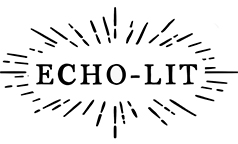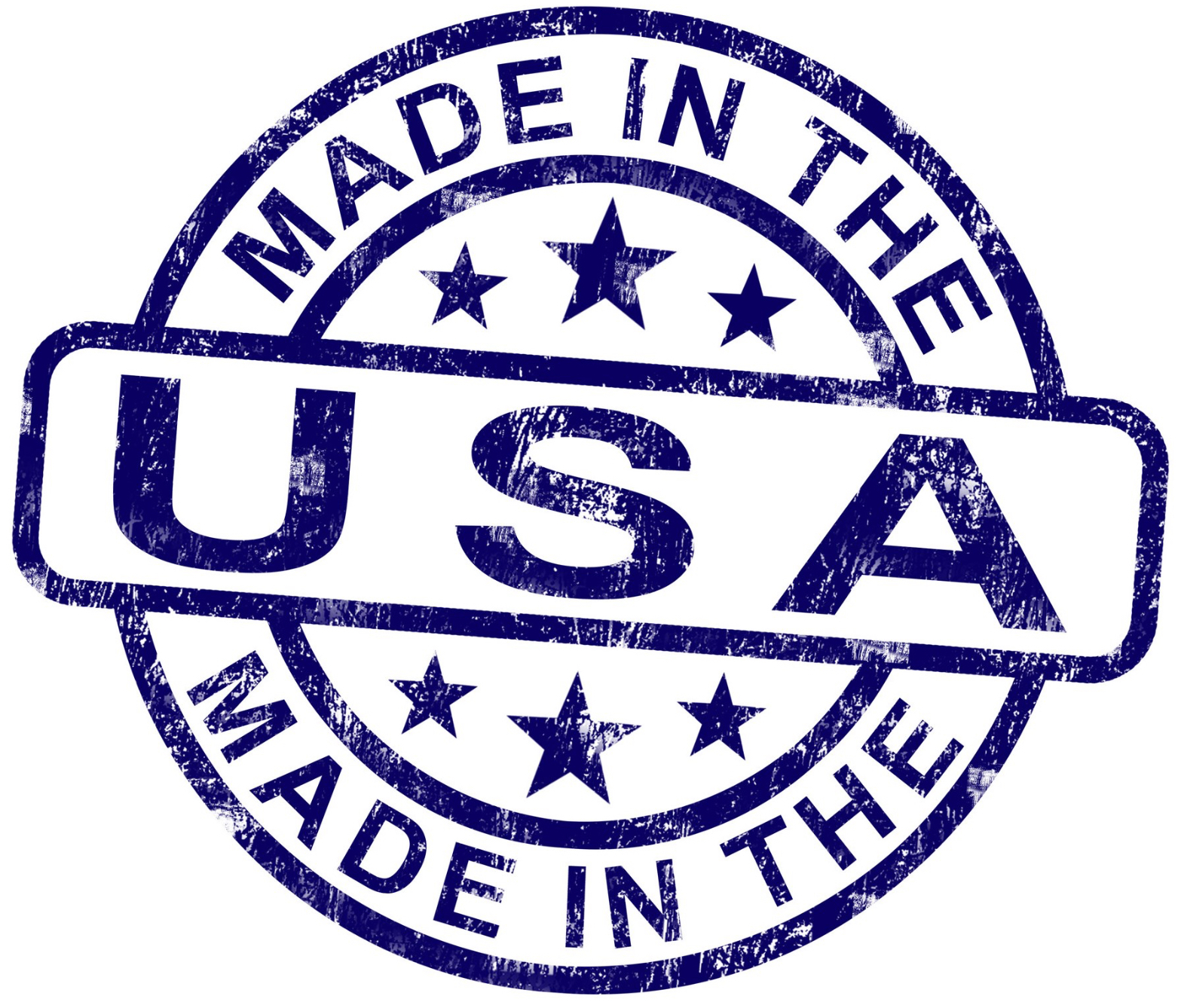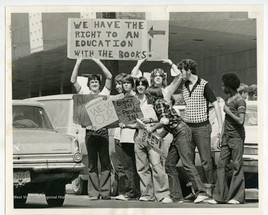Posted by Megan Dailey on 30th Sep 2020
Banned Books Week Story Hour: My Hometown Textbook Boycott
It’s Banned Books Week.
I’ve spent some time this week looking over the list of 100 top banned and challenged books from the American Library Association. I’ve laughed at the inclusion of children’s fare such as the Harry Potter and Goosebumps series; and been shocked to see such literary classics as Of Mice and Men and 1984. I was raised in a family that allowed me to read any book I could manage to hold on my own and was given a dictionary in case I ran across any words I didn’t understand. I realize this is not the case in many households. As I have recounted before, I was reading Stephen King before I was ten and my father’s gift to me for my thirteenth birthday was A Clockwork Orange. I was taught that to fight negative and deplorable ideas, you needed to understand them. When my sixth grade class read The Diary of Anne Frank, I was able to reference Eli Wiesel. In addition to my wide range of ideas, I also had a pretty rockin’ vocabulary (both G- and R-rated, oops). When my folks would see me reading above my maturity level, they would ask me about the book, and my feelings toward it. My parents were imperfect in their own ways - as most parents are - but they were pretty firmly set on raising a human who thought for herself and could tackle tough ideas. I think my folks realized there were certain factions locally that were vehemently opposed to allowing children to explore new and challenging concepts.
I remember as a young adult learning about the textbook controversy and boycott which took place here in Kanawha County, WV - the same county in which I was raised and educated. In 1974, after new textbooks were chosen for our county, a woman by the name of Alice Moore raised concerns that the new textbooks introduced multicultural ideals and celebrated what were considered controversial sources. Moore’s objected to educational sources that did not directly or primarily present Christian values. She then demanded to review all 300 books that had been chosen. She produced a list of “objectionable” quotes including passages from Malcolm X, Allen Ginsburg, and Sigmund Freud. Moore argued that the new books gave undue favor to black voices and that such liberal education did not belong in West Virginia. Moore then set about gathering the backing of the local PTA as well as conservative groups and organizations. These groups distributed flyers throughout the county outlining how the texts contradicted prevailing morality, Christian teachings, and patriotism. After the county board voted and gave final approval to the textbooks, local clergy Reverend Marvin Horan called for a boycott of the school system.
Again flyers were distributed; this time attempting to demonstrate the lascivious nature of the newly selected texts. Some of the flyers quoted books that weren’t even included in any county textbooks or curriculum. When parents combed through the textbooks in search of the offending passages and were unable to locate them, they insisted teachers had provided dummy books to falsely pacify them. When a boycott was called, roughly twenty percent of the county’s elementary were kept home. Members of local unions including coal miners and truck drivers struck in solidarity with the boycott. The boycott quickly escalated to violence - the county school board office and one elementary school had bombs planted within them. Homes of children who continued to attend school were pelted with rocks,school buses were fired upon with shotguns, and one elementary school was dynamited. Reverend Horan publicly called upon God to “kill the giants who have mocked and made fun of dumb fundamentalists.” Eventually, the reverend was convicted and sentenced for his roll in the bombings, and the boycott and demonstrations ended. Not long after that all the approved textbooks were successfully distributed to county schools.
I recognize that the world is full of people with some incredibly hateful ideas. And sadly, they often find an audience. This is more evident now when anyone with internet access can say whatever they want almost anywhere they want. Such is the burden of free speech. It is much the same with fiction - there are literal tons of horribly written, awful stories out in the world (is now a good time to bag on Fifty Shades of Grey?); but I stand in support of all of them. For every Mein Kampf, there seems to be one or more Malala Yousafzai out there in the world. Honestly, publishing is one industry in which I think the free market system works pretty well. Generally, word of mouth gets good books out and in the hands of those who want to read them; and even though some real clunkers make the bestseller list (again, ahem, Fifty Shades of Grey), crappy books tend to be quickly and easily forgotten.
All of this is my extremely long-winded way of saying that banning books is not going to make ideas or stories you dislike or disagree with disappear. Honestly, I think banning or challenging a book is more likely to make people seek out and read the book just to see what all the hubbub is about. Sometimes, a ban or challenge is the best publicity an author can hope for.


